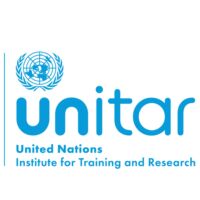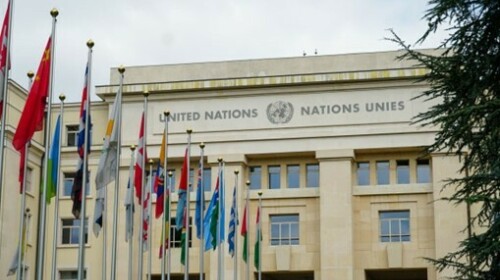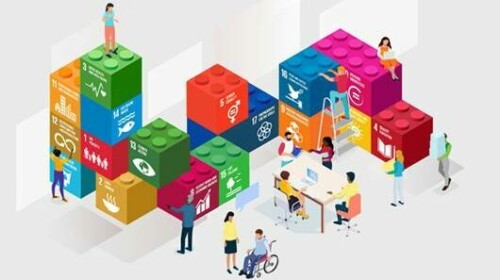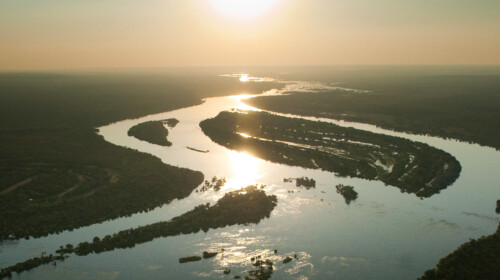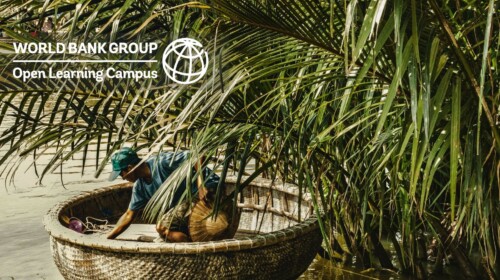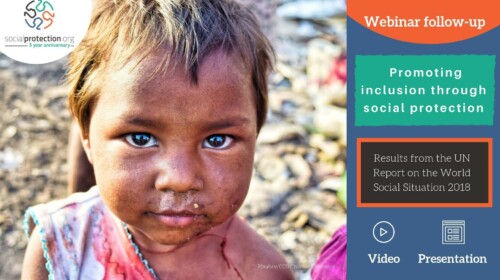Water is essential for life and for sustainable development. Increasing human population, the impacts of climate change and unsustainable growth all place pressures on the world’s precious freshwater resources. Managing water well is essential for the international community to deliver the promise of the 2030 Agenda for Sustainable Development. Without this, most of the Sustainable Development Goals cannot be achieved. Every drop matters.
The course presented by the University of Strathclyde, Gaia Education and UNITAR contributes to the International Decade (2018–2028) for Action – Water for Sustainable Development, and is supported by the Scottish Government.
Download SyllabusTarget Audience
- Integrated Water Resource Managers
- Community Health and Sanitation Workers
- International Development Consultants
- Water Quality and Treatment Managers
- Poverty Alleviation Activists
- Developing Countries Agricultural Engineers
- SDG Training Multipliers
- Hydrology Students and Workers
- Community Leaders
- Urban Water Developers
- Climate Justice Policy Makers
- Waste Water Treatment Workers
- And everyone interested in Local Water Solutions for Global Challenges
Learning Objectives
At the end of the course, you will be able to:
- Conceptualise Integrated Water Resource Management Challenges;
- Understand the linkage between SDG6 (Water and sanitation) and other SDGs;
- Conceptualise Water treatment technologies within Integrated Water Resource Management Challenges;
- Identify how water treatment plays a role in increased water resilience;
- Differentiate transboundary from national Integrated Water Resource Management Challenges;
- Grasp the importance of the science-policy interface;
- Conceptualise Integrated Water Resource Management Challenges within a Food-Water-Energy Nexus.




